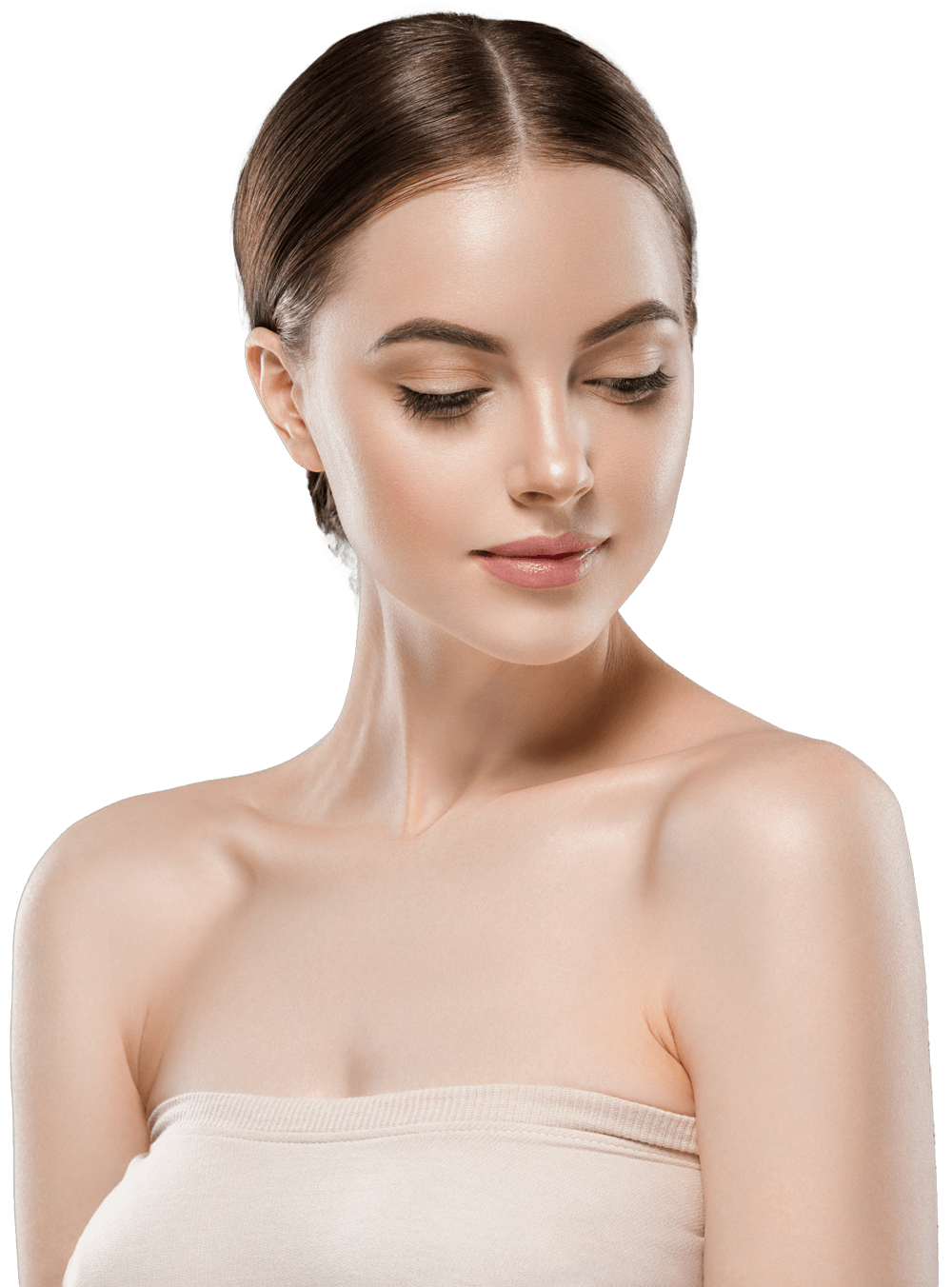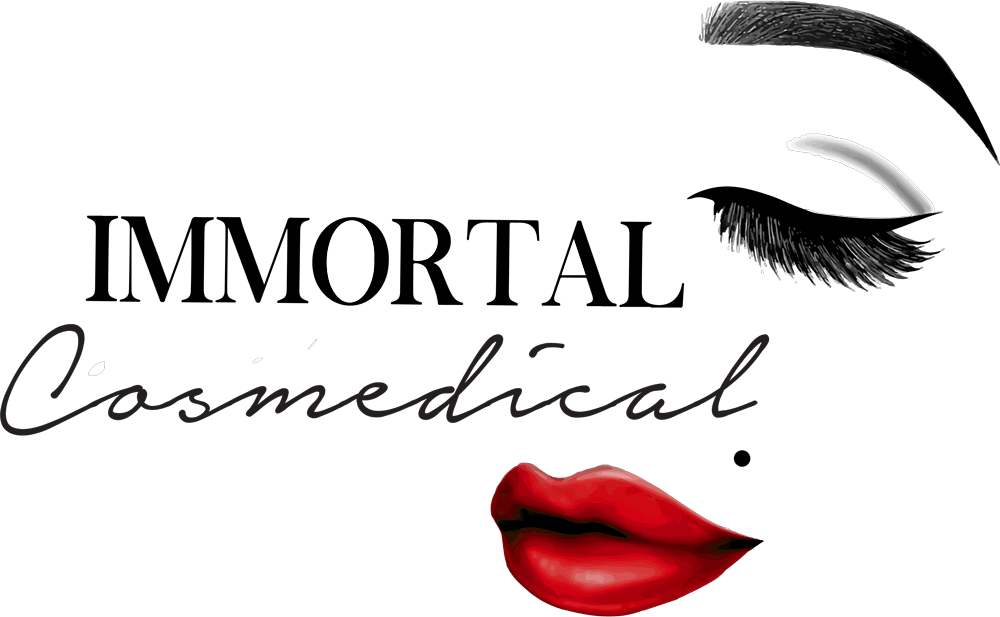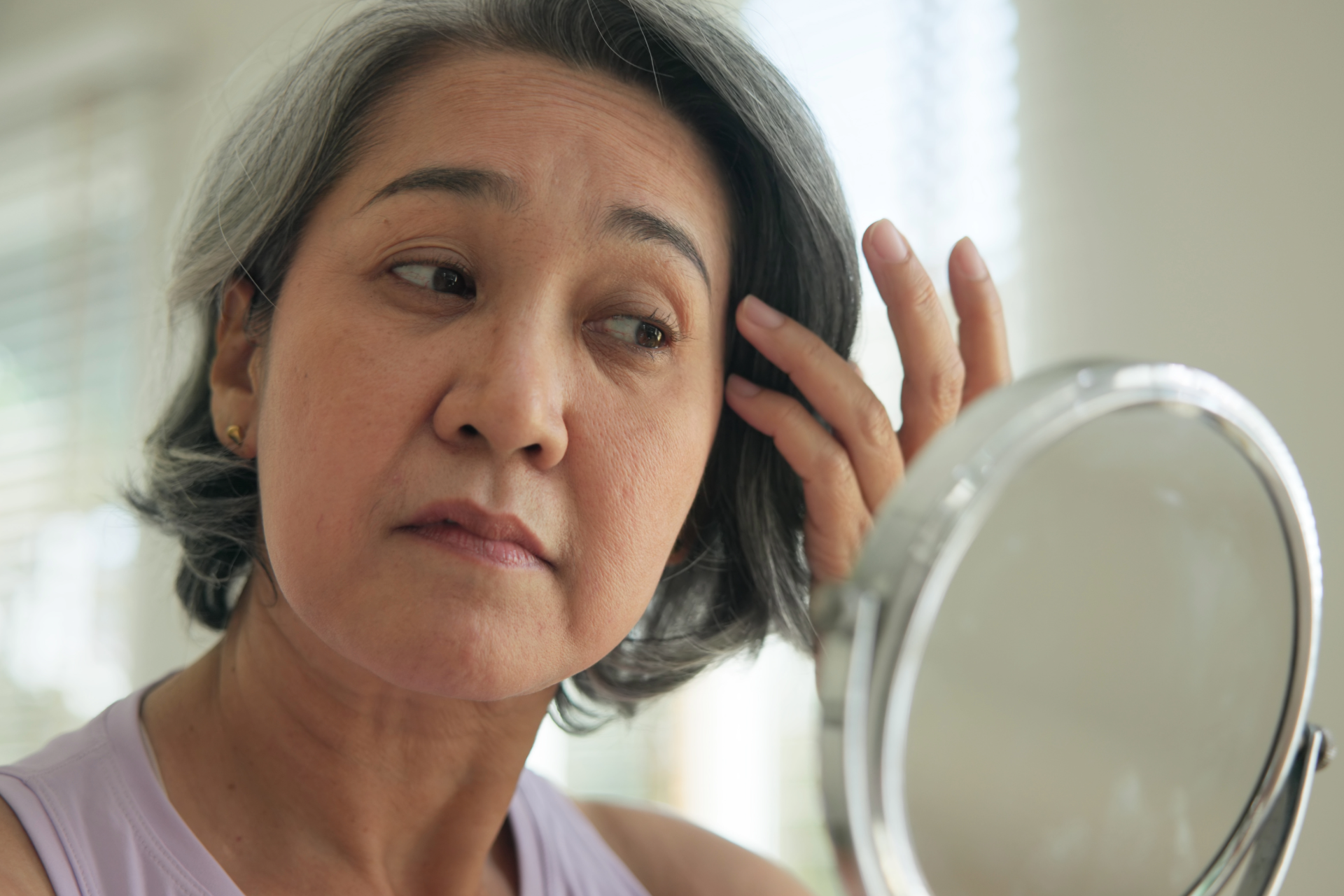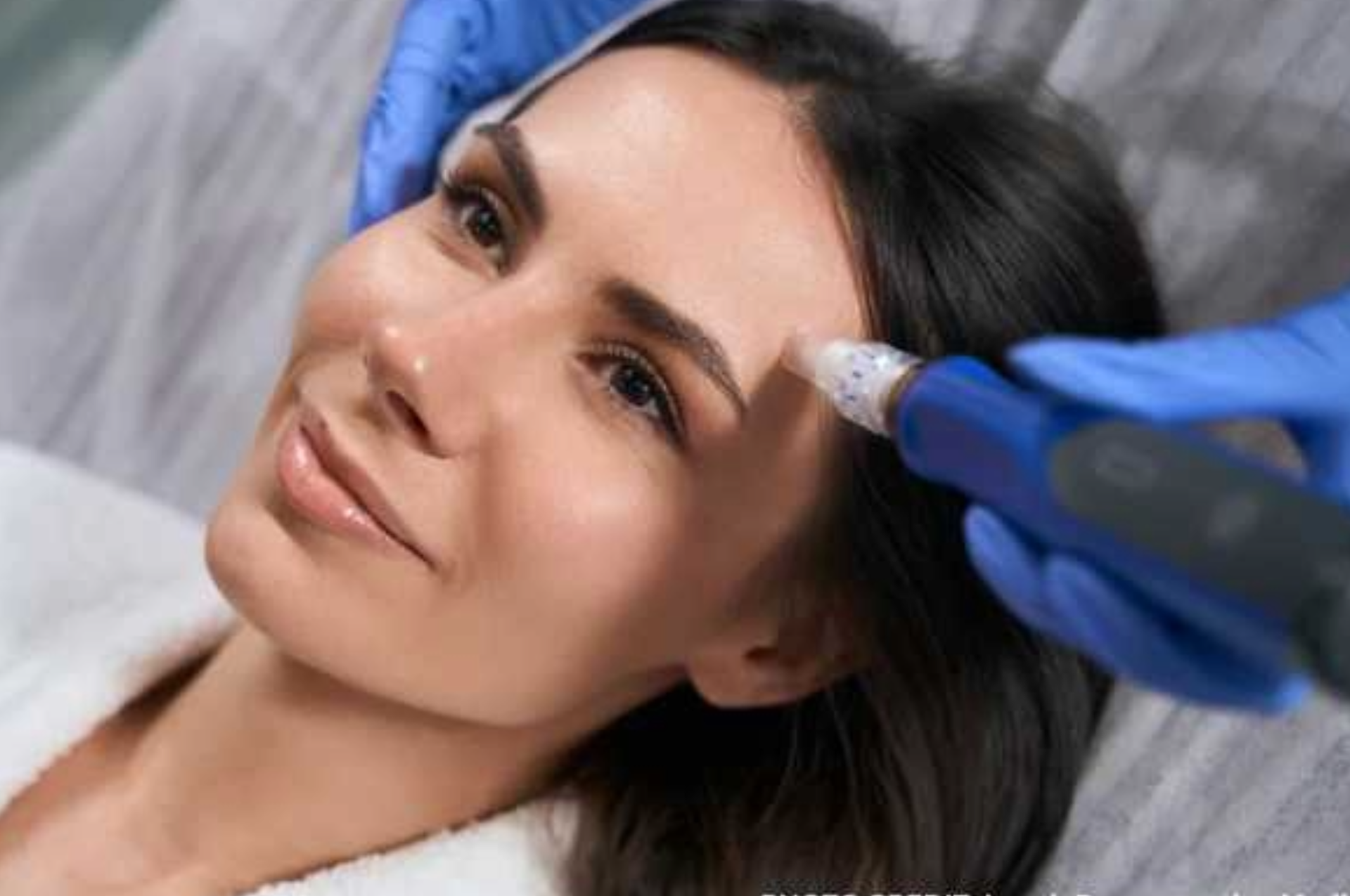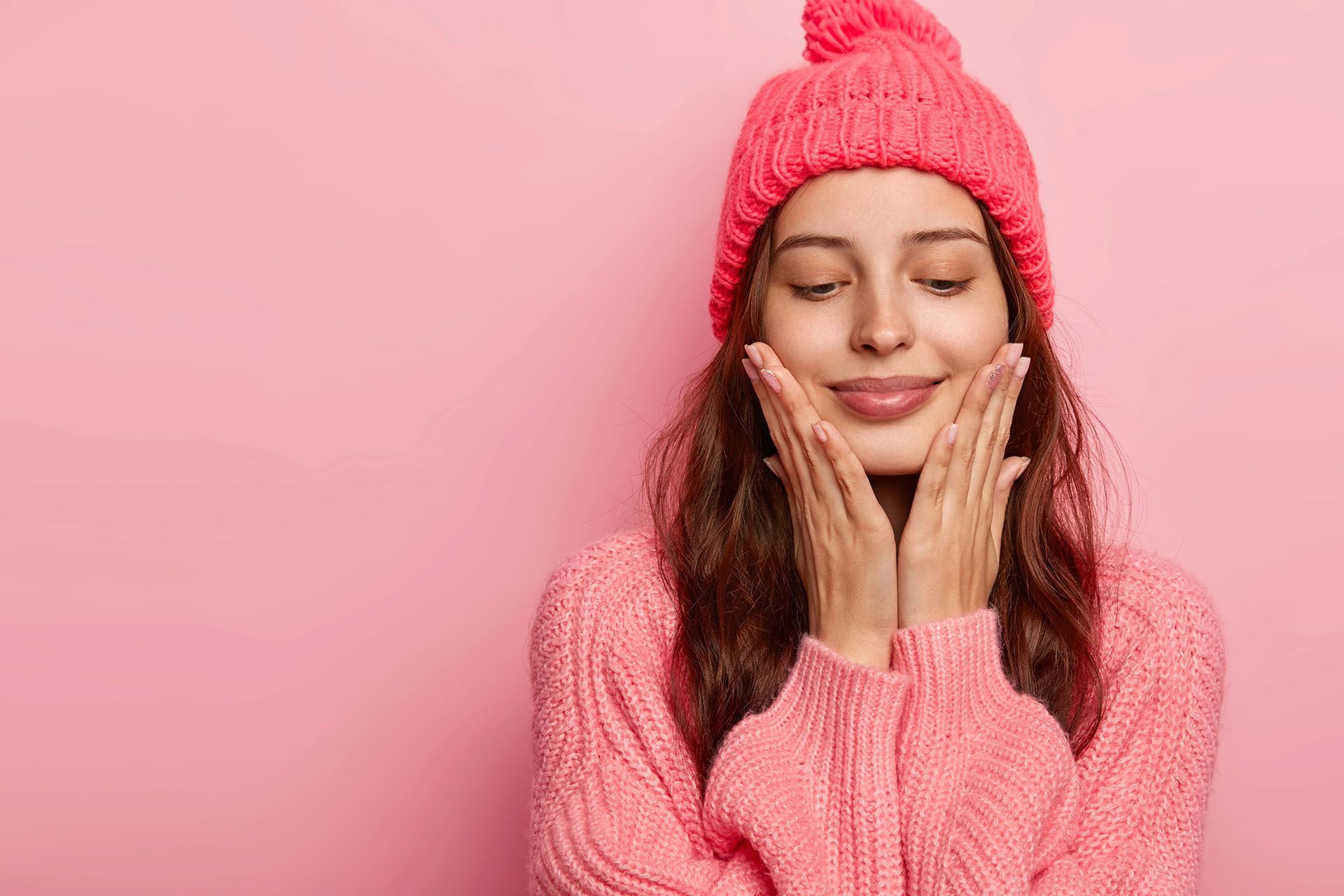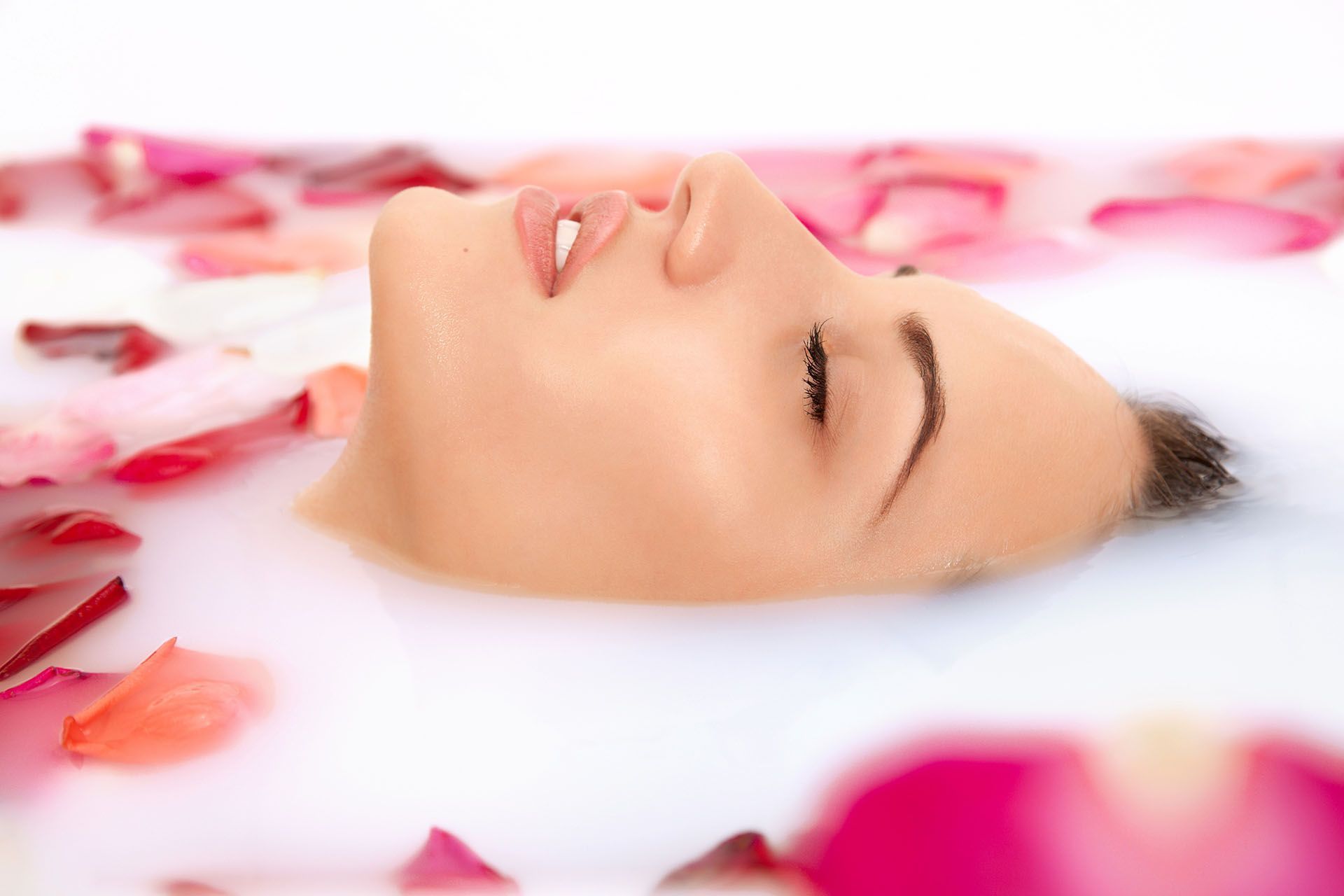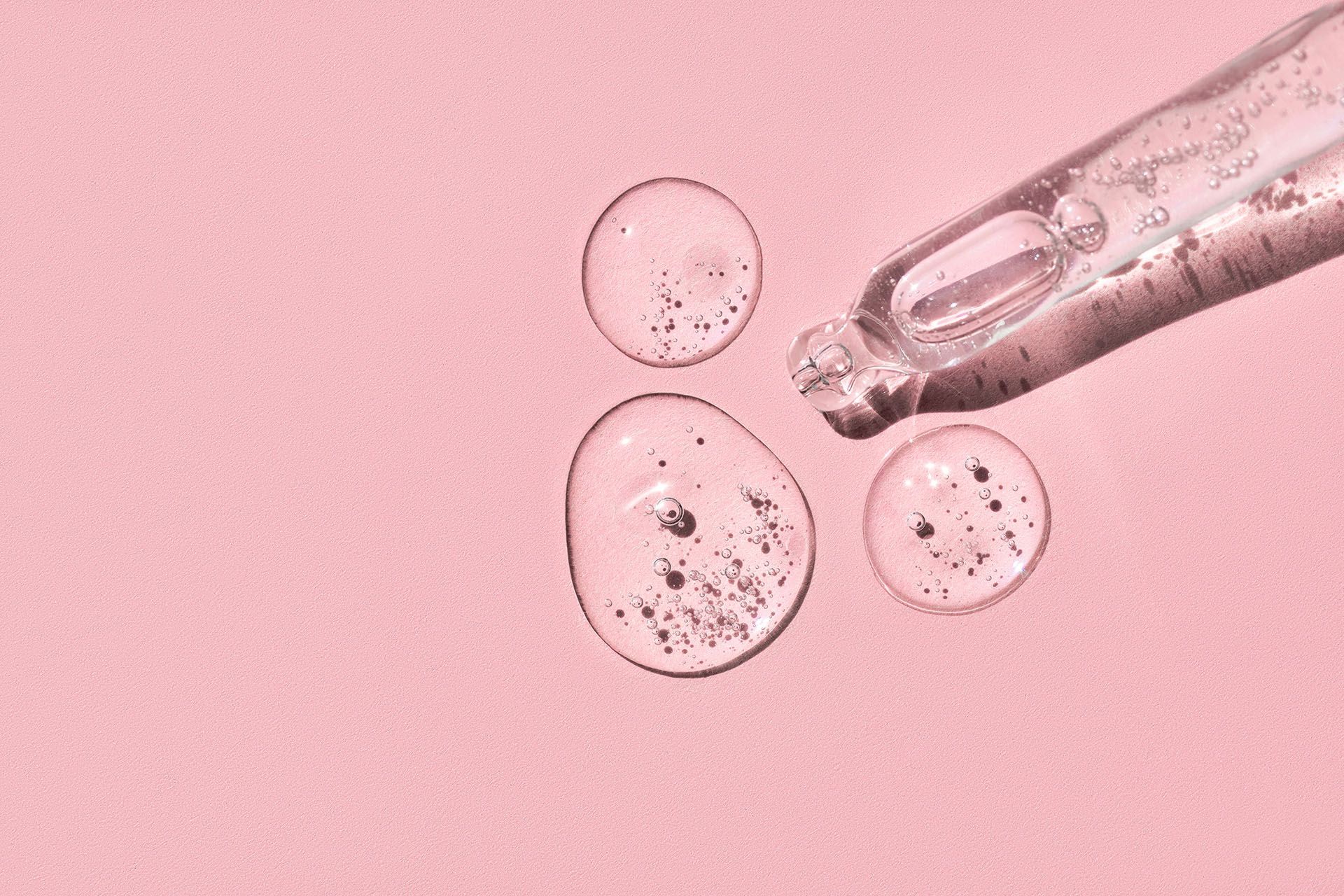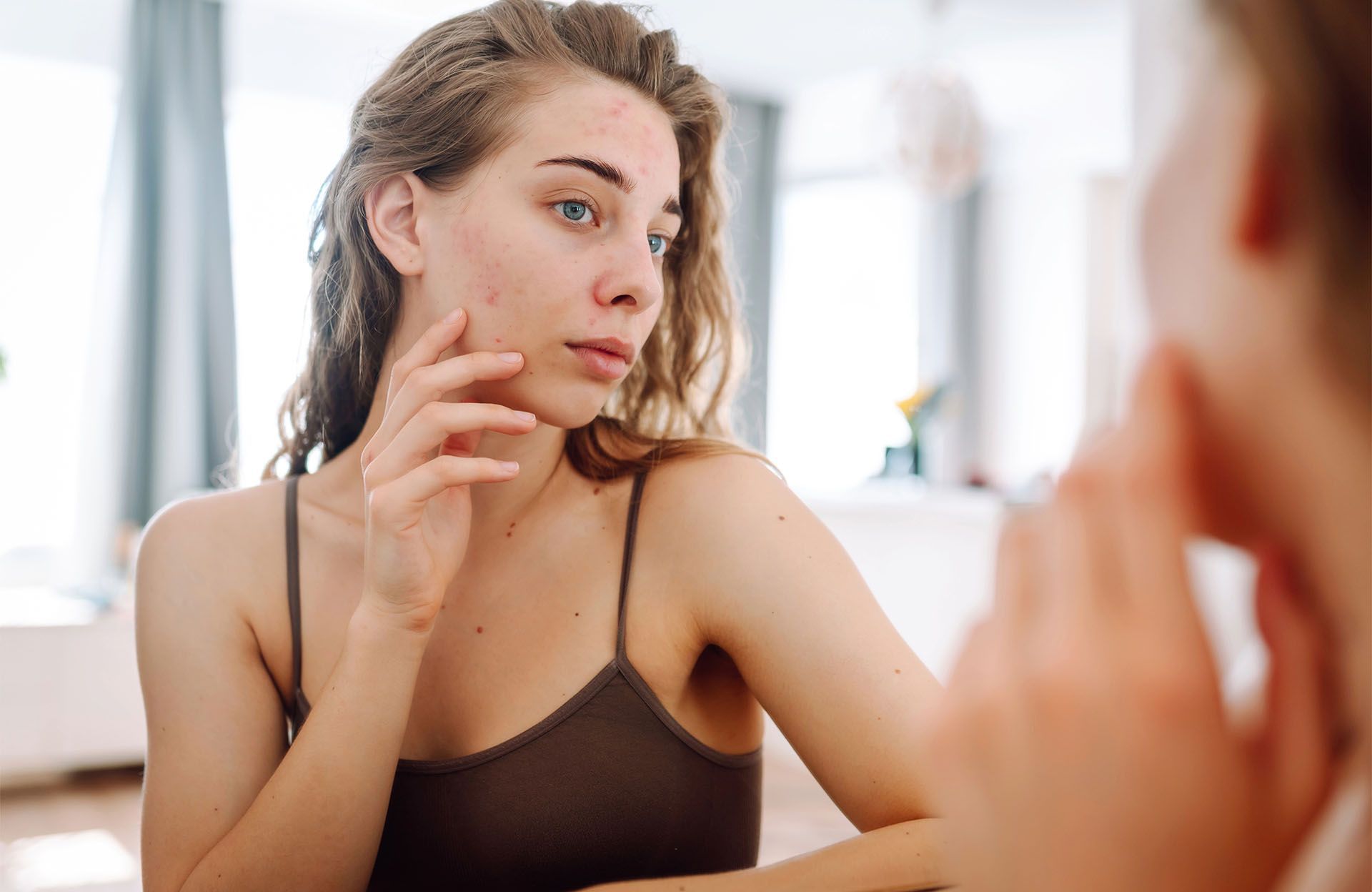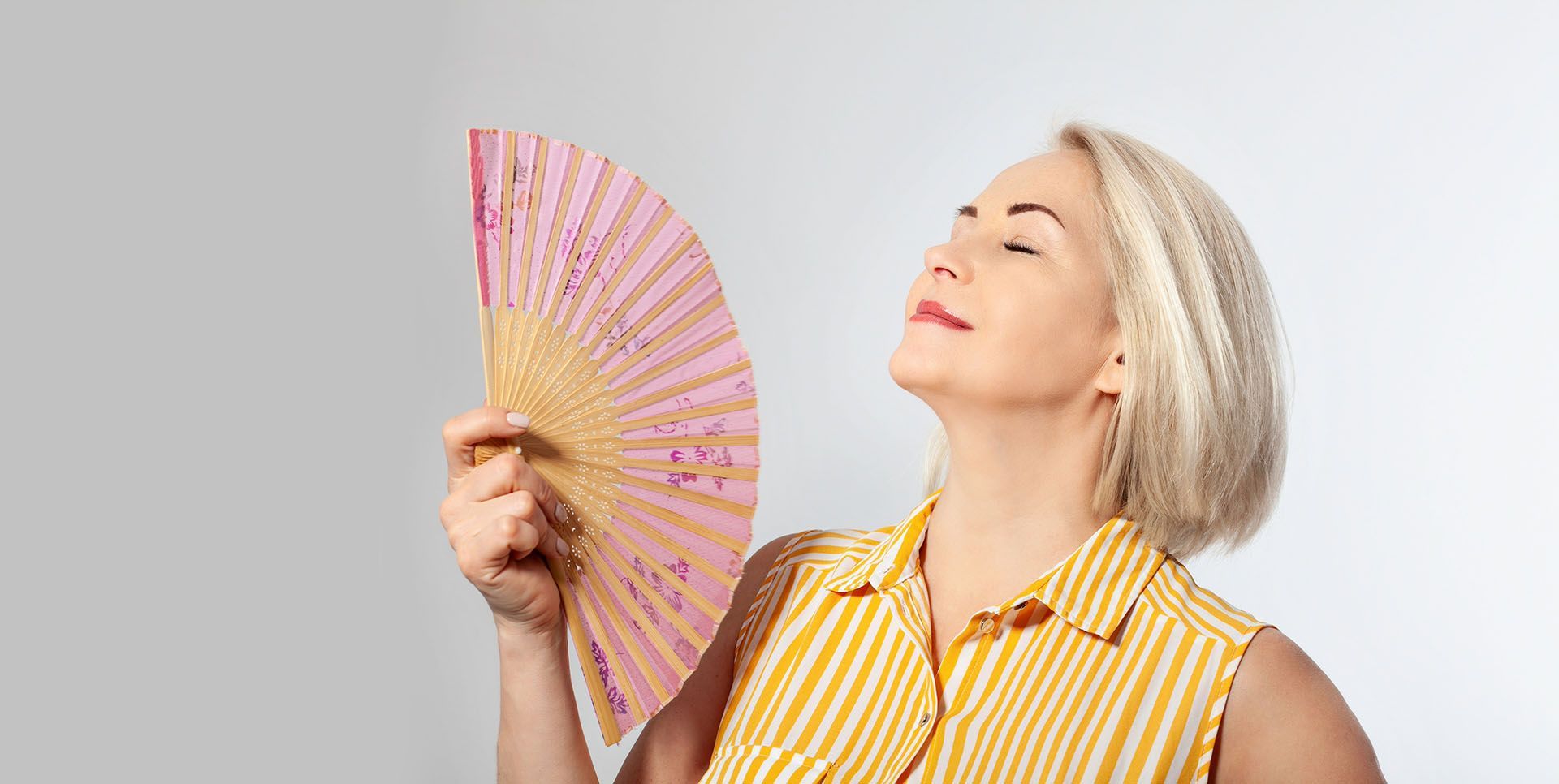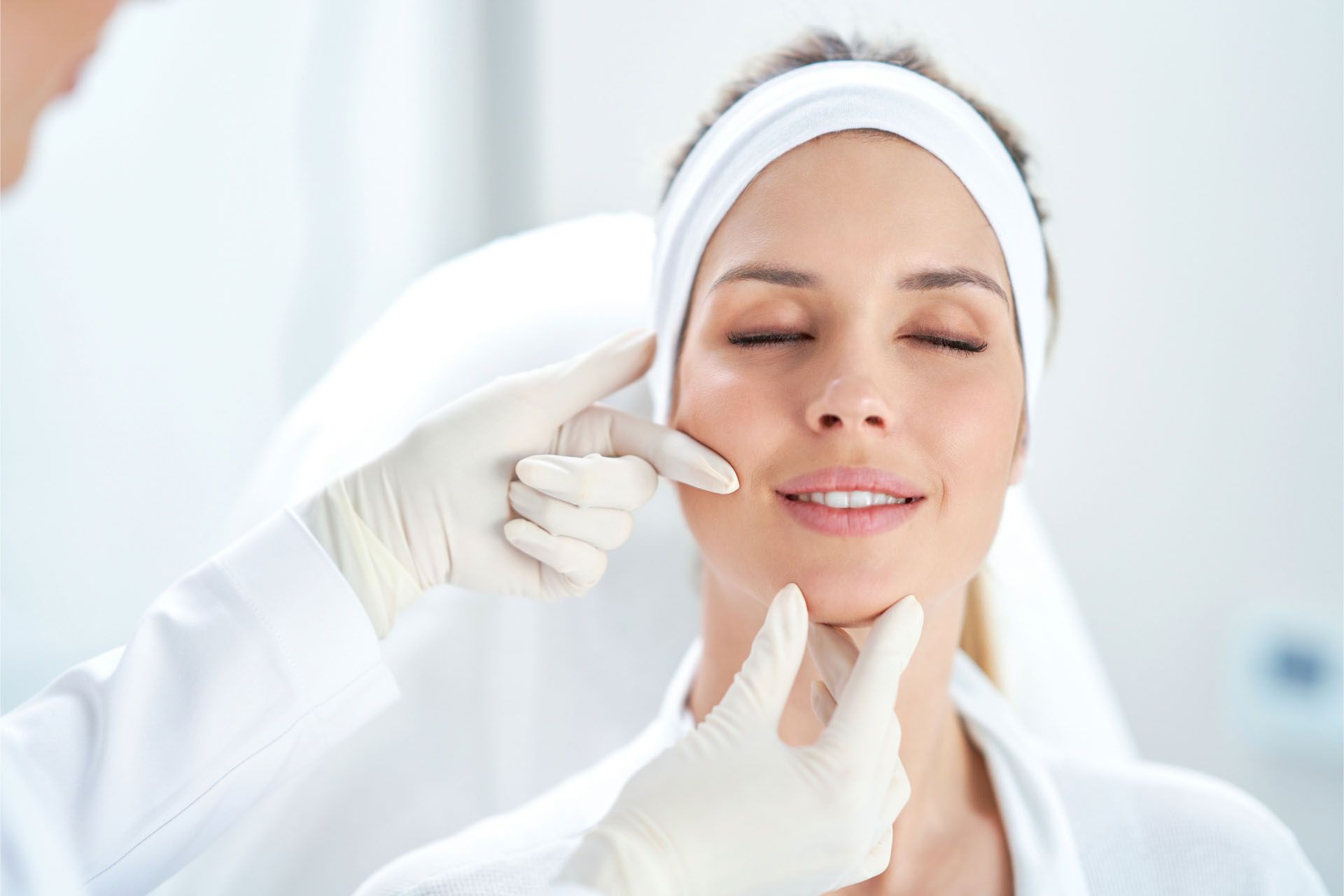Need Help?
Understanding Rosacea: Causes, Triggers, and Treatment Options
Rosacea is a chronic inflammatory skin condition that primarily affects the face. It is most commonly seen on the cheeks, nose, chin, and forehead, presenting as persistent redness, visible blood vessels, and sometimes acne-like bumps or pustules. While rosacea can affect anyone, it is most common in fair-skinned adults aged 30 to 50 and tends to be more prevalent among women, though men often experience more severe symptoms.
Rosacea is more common than many people realise — it affects over 415 million people globally, and often goes undiagnosed or mistaken for other skin concerns.
Common Signs and Symptoms
Rosacea symptoms can vary but may include:
- Facial redness and flushing
- Visible capillaries (telangiectasia)
- Bumps or pimples resembling acne
- Burning or stinging sensations
- Dry, sensitive skin
- Thickening of the skin (usually around the nose, in advanced cases)
What Causes Rosacea?
The exact cause of rosacea is still not fully understood, but it is believed to be the result of a combination of genetic and environmental factors. Some potential contributing factors include:
- Overactive immune response
- Abnormalities in facial blood vessels
- Skin mites (Demodex folliculorum)
- Gut-skin connection and inflammation
- Genetic predisposition
While not directly caused by lifestyle factors, certain triggers can worsen symptoms or lead to flare-ups.
Common Rosacea Triggers
Rosacea is highly individual, but common triggers include:
- Sun exposure
- Hot or spicy foods
- Alcohol (especially red wine)
- Extreme temperatures or sudden temperature changes
- Stress and emotional extremes
- Vigorous exercise
- Skincare products with harsh ingredients
- Hot drinks or caffeine
Identifying and avoiding personal triggers is a key part of managing rosacea.
How Is Rosacea Treated?
Rosacea cannot be cured, but it can be effectively managed with the right combination of skincare, lifestyle adjustments, and professional treatments. Here’s how:
1. Skincare Adjustments:
- Use gentle, non-irritating cleansers and moisturizers
- Avoid alcohol-based or heavily fragranced products
- Always wear SPF 30 or higher daily
- Look for ingredients like niacinamide and azelaic acid, which can help calm inflammation
2. Prescription Topicals or Oral Medications:
- Dermatologists may prescribe topical treatments to reduce redness and inflammation
- In more severe cases, oral antibiotics or anti-inflammatory medication may be used
3. In-Clinic Treatments Available at Immortal Cosmedical:
- Skin Boosters: Deeply hydrate and nourish sensitive, dehydrated skin.
- Rejuran: Supports skin healing, improves elasticity, and reduces inflammation.
- SkinPen® Microneedling (carefully applied): Stimulates collagen production for smoother skin texture — best used on managed rosacea, not during active flare-ups.
- Laboratoire Eneomey Professional Skincare: Professional-grade products designed to enhance skin barrier health and boost radiance.
4. Lifestyle and Diet:
- Keep a trigger journal to identify what causes your flare-ups
- Manage stress through mindfulness or gentle exercise
- Choose anti-inflammatory foods and stay well hydrated
Let’s Build Your Rosacea Care Plan
Managing rosacea requires a personalised, gentle approach that addresses your unique triggers and skin needs. At Immortal Cosmedical, we offer skin consultations and tailored treatment programs to help you reduce redness, improve comfort, and restore skin confidence.
Ready to achieve glowing, healthy skin?
Book your personalised skin consultation in Bowral, Southern Highlands today and let’s create the right treatment plan to support your aesthetic goals.

